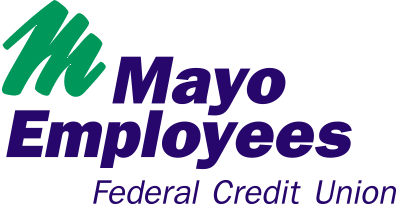
Life can be unpredictable, here are some steps you can take to better manage your income.
Budgets are essential to keep you on track and win with money in the long term. They give you guardrails and show you how much you can spend without racking up debt. With many people now working freelance jobs, being paid on commission, or having a seasonal jobs, income can be very inconsistent. Even though it is often ‘feast or famine’ in these lines of work, budgeting your money is still very doable and can help give you financial peace of mind.
Where to Begin - Start with the month you think you’ll make the least amount of money. You can look at years past to give you a better idea if you’re unsure which month you make the least. If this is your first year working a career with inconsistent income, conduct some basic research or reach out to seasoned professionals in the industry for their wisdom.
Necessities - Next, you’ll want to budget for the necessities or non-negotiables. This includes food, shelter, utilities, and transportation. These four necessities may seem straightforward, but they’re some things you may not have considered.
- Food should only be food that you buy at a grocery store or from your meal-kit subscription services such as HelloFresh, Home Chef, or Blue Apron. Foods such as going out to eat or vending machine snacks do not belong in this category.
- Shelter is your monthly rent or mortgage payment.
- Utilities are things such as electricity, gas, water, waste, phone, internet, and insurance.
- Transportation is things for your vehicle like gas, oil changes, and other scheduled maintenance items.
Wants and Other Priorities - After those four non-negotiables are accounted for, make a list of your other priorities from most important to least important, assigning them a dollar value of how much they cost. Examples of these things would be streaming services, going out to eat, entertainment, new clothes, and other personal spending. Remember, we’re budgeting with the amount of money we expect to have during the month with the least amount of income. In the months with the least amount of income, you may not be able to buy new clothes or go out to eat very much, if at all. In the months where you make the most amount of money, you’ll be able to trickle down money through all your nonessential priorities and have money left over.
Saving, Investing, and Charitable Giving - With that extra cash from your most profitable months, you’ll be able to put more in savings, invest more, and give more to charity.
Finally, budgets are not always set in stone, they are fluid! So if it needs adjusting over time, don’t be afraid to make tweaks. If you need help creating a budget or want someone to review your current budget to see where improvements could possibly be made, contact our Financial Wellness Counselor for free financial advice.
